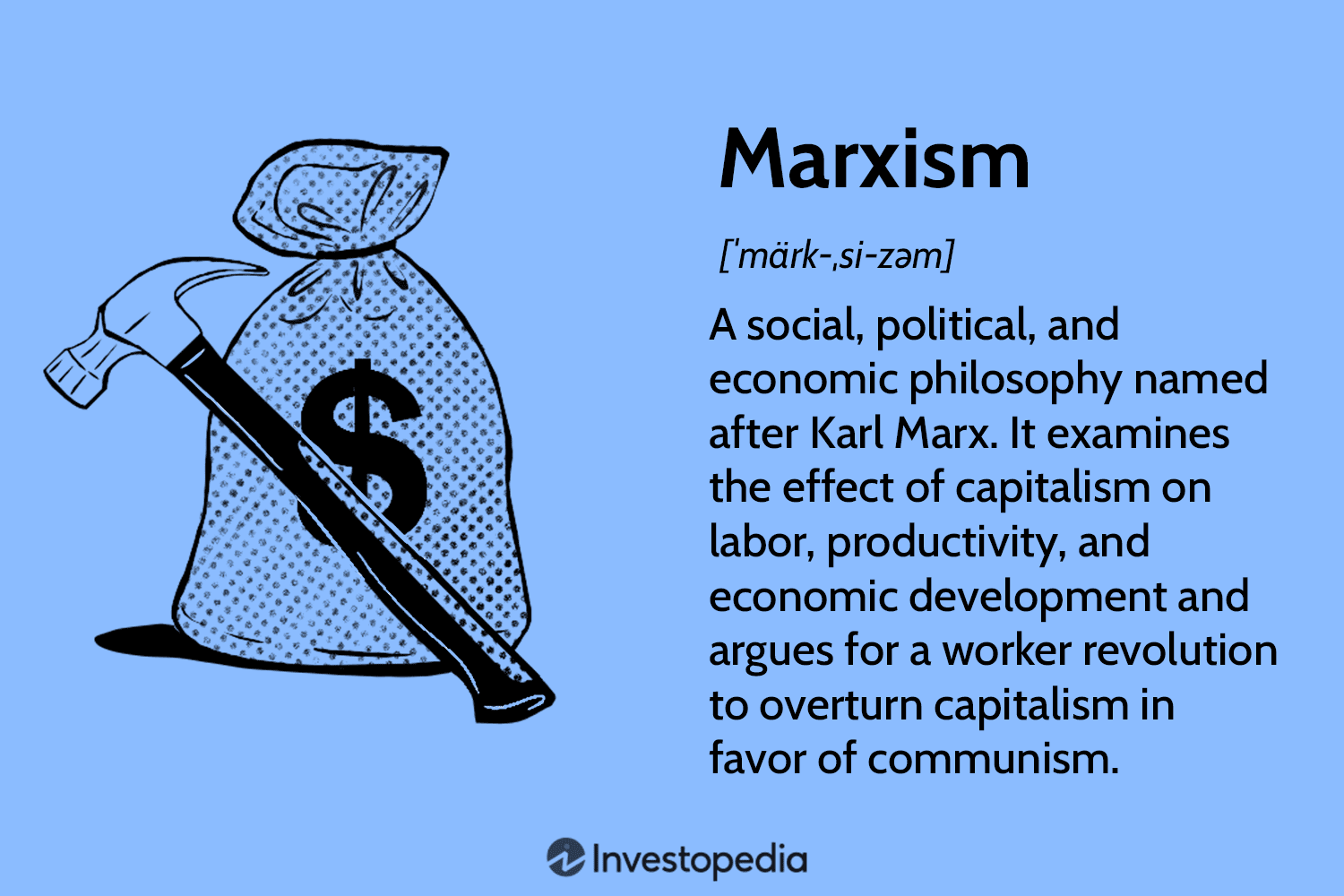Karl Marx’s Critique of Capitalism
Apr 27, 2023
This paper discusses Karl Marx's views on capitalism and provides an overview of his critique. It examines the theoretical framework that Marx developed to understand the dynamics of capitalist production, including a discussion of his labor theory of value and its implications for understanding exploitation under capitalism. We then examine two aspects of Marx's analysis: how surplus value is created and how it is distributed in society. Finally, we discuss some potential solutions that Marx proposed for overcoming capitalism’s flaws.
Marx believed that under capitalism, people are alienated from their work because they do not receive the full benefit or value of their labour. As a consequence, capitalists can extract extra profits by exploiting workers who receive less than the full benefit of their labours. According to Marx's labor theory of value, the value of a commodity is determined by the amount of labor that goes into producing it. This means that workers are not paid for the full value of their labor, and capitalists can exploit this difference to reap extra profits.

Marx saw exploitation as inevitable under capitalism because the system is structured in such a way that workers always have to accept lower wages than the true value of their labour. He argued that capitalist production exploits both wage laborers and other non-laborers, such as landlords and financiers who also benefit from unequal exchange arrangements. Ultimately, Marx believed that exploitative conditions were necessary for capitalism to thrive, since otherwise capitalists would face competition from cheaper producers that could undercut them on price.
In addition to highlighting exploitation under capitalism, Marx offered some solutions for how to overcome the flaws of the system. One way was through revolutionary overthrow of capitalist power structures. He argued that this would enable workers to take control of their own labor and redistribute resources more fairly. Marx also proposed reformist measures such as increasing taxes on profits, improving worker rights and regulations, and instituting a more equitable distribution of income.
In conclusion, Karl Marx's critique of capitalism provides a powerful lens for understanding exploitation under the system and for proposing potential solutions for overcoming its flaws. By looking at how surplus value is created and distributed in society, we can better understand why capitalist production leads to inequalities and propose ways to address them. Ultimately, by critically analyzing capitalism from an economic perspective, Marx was able to identify the root causes of exploitation and inequality that persist in the system today.
